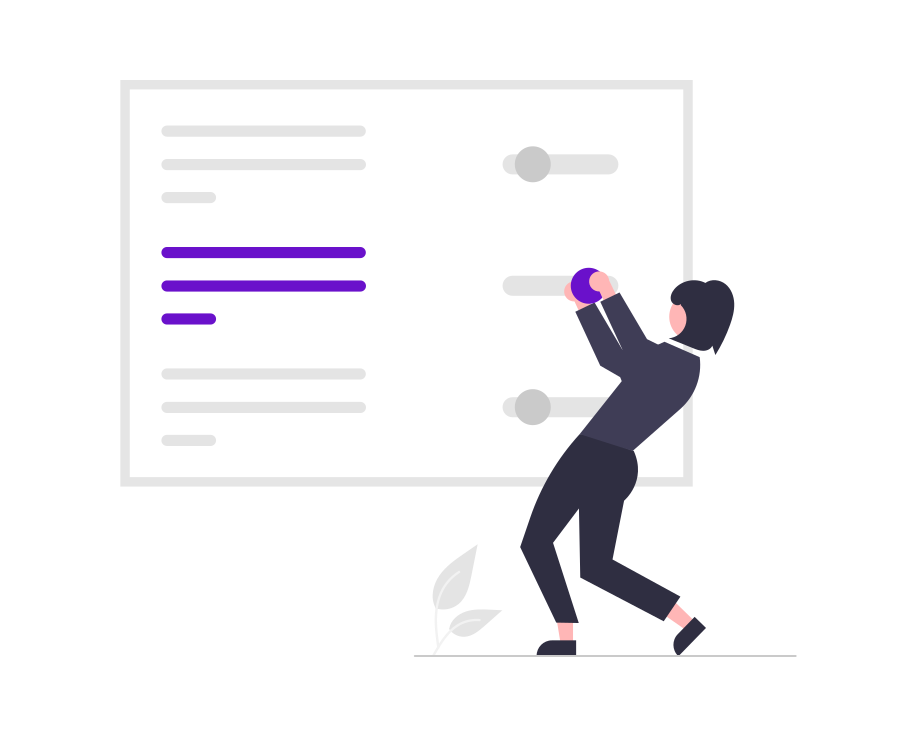Account-based marketing (ABM) has revolutionized the way SaaS companies target and engage with their most valuable prospects. Personalized content is at the heart of successful ABM campaigns, ensuring that messaging resonates with potential buyers at every stage of their journey. This guide provides a step-by-step approach to developing personalized content tailored to the different stages of the buyer’s journey.
Understanding the Buyer’s Journey
The buyer's journey in SaaS typically consists of three main stages:
- Awareness Stage: The buyer realizes they have a problem or need.
- Consideration Stage: The buyer defines their problem and researches solutions.
- Decision Stage: The buyer evaluates and decides on the best solution.
Each stage requires a different content strategy to effectively engage and guide the buyer towards making a purchase.
Step-by-Step Guide to Creating Personalized Content
Step 1: Identify and Segment Target Accounts
Before creating content, identify and segment your target accounts. Use predictive analytics and data-driven insights to pinpoint high-value prospects. Segment these accounts based on criteria such as industry, company size, and buying behavior.
Tools to Use:
- CRM systems (e.g., Salesforce, HubSpot)
- Predictive analytics platforms
- AI-powered visitor identification tools
Step 2: Map the Buyer’s Journey
For each target segment, map out the buyer’s journey. Identify key touchpoints and interactions at each stage. Understanding these touchpoints will help you create content that addresses the specific needs and pain points of your buyers at each stage.
Tools to Use:
- Customer journey mapping software
- Analytics tools (e.g., Google Analytics)
Step 3: Develop Awareness Stage Content
At the awareness stage, your goal is to educate and inform. Create content that highlights common challenges and introduces your solution without being too salesy.
Types of Content:
- Blog posts
- Educational videos
- Infographics
- Social media posts
Examples:
- Blog post: "Top 5 Challenges SaaS Companies Face in 2024"
- Infographic: "The State of SaaS in 2024: Key Trends and Insights"
Step 4: Create Consideration Stage Content
In the consideration stage, buyers are actively researching solutions. Provide in-depth content that showcases how your product addresses their specific needs.
Types of Content:
- Whitepapers
- Case studies
- Webinars
- Comparison guides
Examples:
- Whitepaper: "How Our SaaS Platform Improves Operational Efficiency"
- Webinar: "Case Study: How XYZ Company Increased Revenue by 50% Using Our Solution"
Step 5: Develop Decision Stage Content
At the decision stage, buyers are comparing options and ready to make a purchase. Your content should focus on demonstrating value, providing social proof, and making the purchasing process as seamless as possible.
Types of Content:
- Product demos
- Testimonials and reviews
- ROI calculators
- Personalized email campaigns
Examples:
- Product demo: "Live Demo: See Our Platform in Action"
- Testimonial video: "Why Top SaaS Companies Choose Us"
Step 6: Leverage AI for Content Personalization
Utilize AI-powered tools to personalize content at scale. AI can help tailor your messaging based on user behavior, preferences, and engagement history.
Tools to Use:
- AI-powered content platforms
- Personalized email marketing tools
- Dynamic website content tools
Step 7: Optimize and A/B Test Your Content
Continuous optimization is crucial for ABM success. Use A/B testing to determine which content resonates most with your audience and make data-driven adjustments.
Tools to Use:
- A/B testing platforms
- Analytics tools (e.g., Google Analytics)
- AI-driven optimization tools
Conclusion
Creating personalized content for ABM campaigns in SaaS is essential for engaging and converting high-value prospects. By following this step-by-step guide, you can develop targeted content that addresses the unique needs of your buyers at every stage of their journey, ultimately driving more opportunities and revenue for your business.


